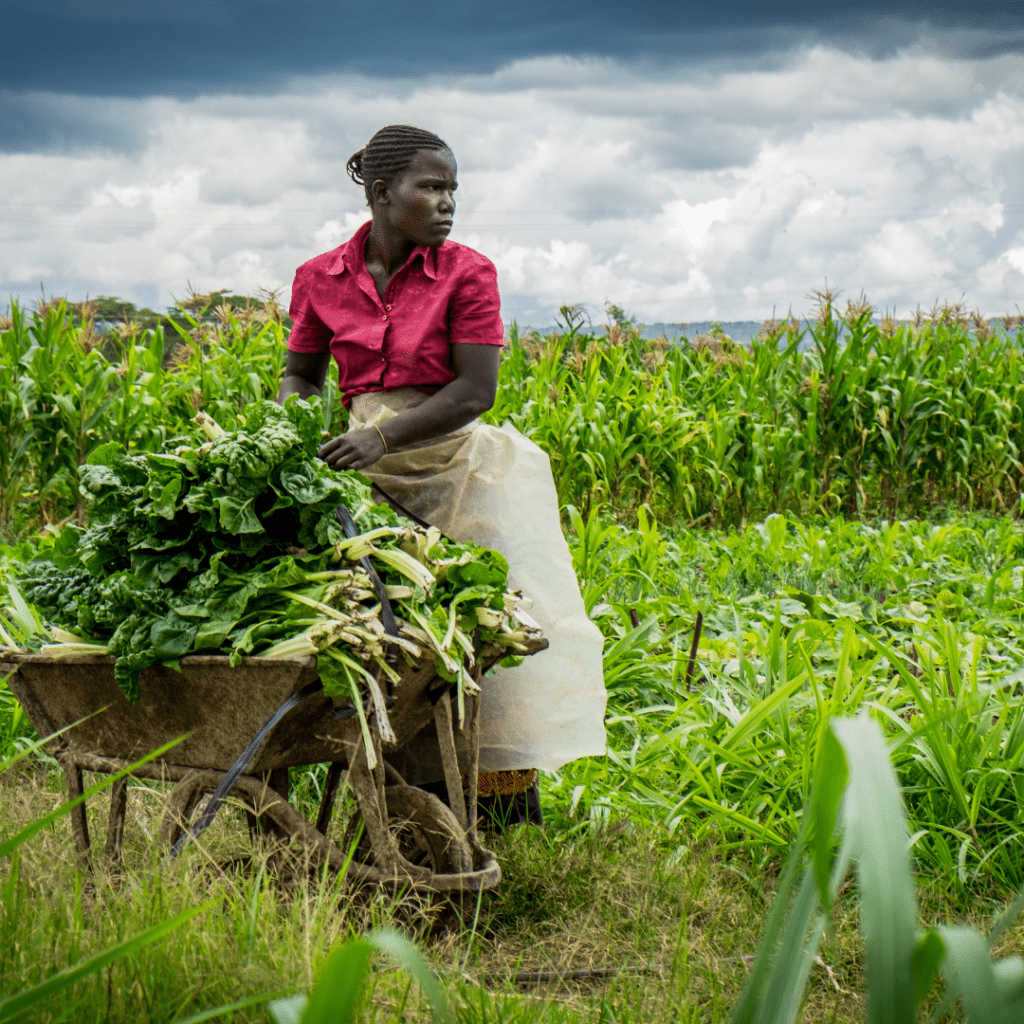Kenya Economy – GDP
Overview of Kenya's GDP
Kenya’s Gross Domestic Product (GDP) is a key indicator of the country’s economic performance and overall economic health. As of my last knowledge update in September 2021, Kenya had a diverse and growing economy with a GDP that had been steadily increasing over the years. The GDP of Kenya is one of the largest in East Africa, making it a regional economic powerhouse. Key sectors contributing to Kenya’s GDP include agriculture, manufacturing, services, and construction. Additionally, Kenya’s economy has been bolstered by sectors like information technology and telecommunications, which have experienced significant growth.
Growth and Challenges of Kenya's GDP
Kenya’s GDP growth has been driven by factors such as infrastructure development, increased investment, and a growing consumer market. The government has also been keen on diversifying the economy to reduce its reliance on traditional sectors like agriculture. However, challenges such as income inequality, unemployment, and poverty persist and continue to be a focus for policymakers. Moreover, Kenya’s economy can be sensitive to external factors like global commodity prices and regional instability, which can impact its growth trajectory.

Some Stats on Kenya's GDP
Major Contributors to Kenya's GDP
Agriculture
Agriculture is a significant contributor to Kenya’s economy, employing a large portion of the population and providing food security. Key agricultural products include tea, coffee, maize, sugarcane, horticultural products, and livestock.
Services Sector
The services sector encompasses a wide range of industries, including financial services, tourism, telecommunications, and education. Nairobi, the capital city, is a major financial and technology hub in the region, contributing significantly to the services sector’s growth.
Manufacturing
Manufacturing industries such as food processing, textiles and apparel, cement, and consumer goods production play a pivotal role in Kenya’s GDP. The government has been promoting industrialization and value addition to raw materials to boost this sector.
Construction and Real Estate
Kenya has experienced significant infrastructure development in recent years, including roads, bridges, and housing projects. The construction and real estate sector has consequently grown as a result of these investments.
Information Technology & Telecommunications
The IT and telecommunications sector has seen remarkable growth, with increasing internet penetration and mobile phone usage. This sector includes mobile money services, software development, and outsourcing.
Retail and Wholesale Trade
The trade sector, which includes wholesale and retail activities, is a key contributor to Kenya’s GDP. It encompasses businesses ranging from small-scale traders to large shopping malls, supplying a wide variety of goods to consumers
